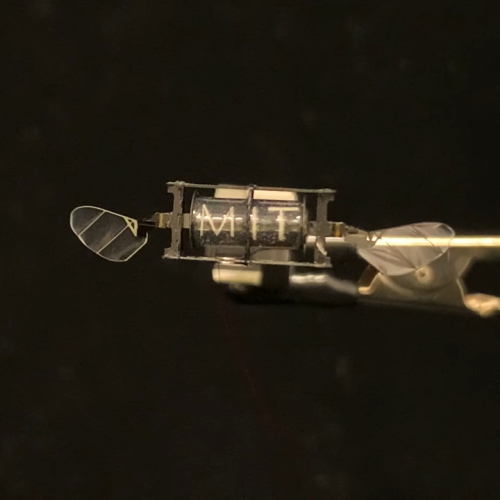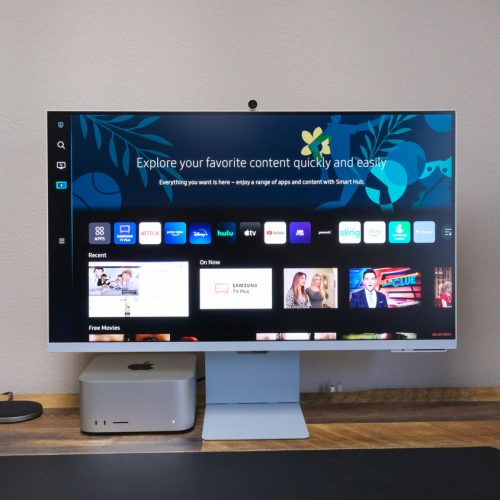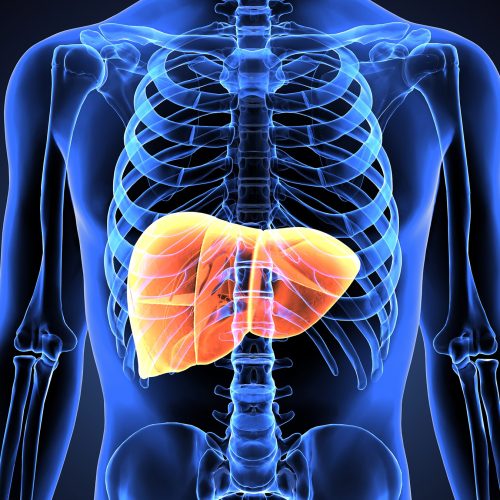Scientists have developed a new breakthrough tech that can detect Alzheimer’s in a single brain scan. The tech uses machine learning and looks for structural features in the brain that are often associated with the disease.
This breakthrough tech can detect Alzheimer’s at an early stage
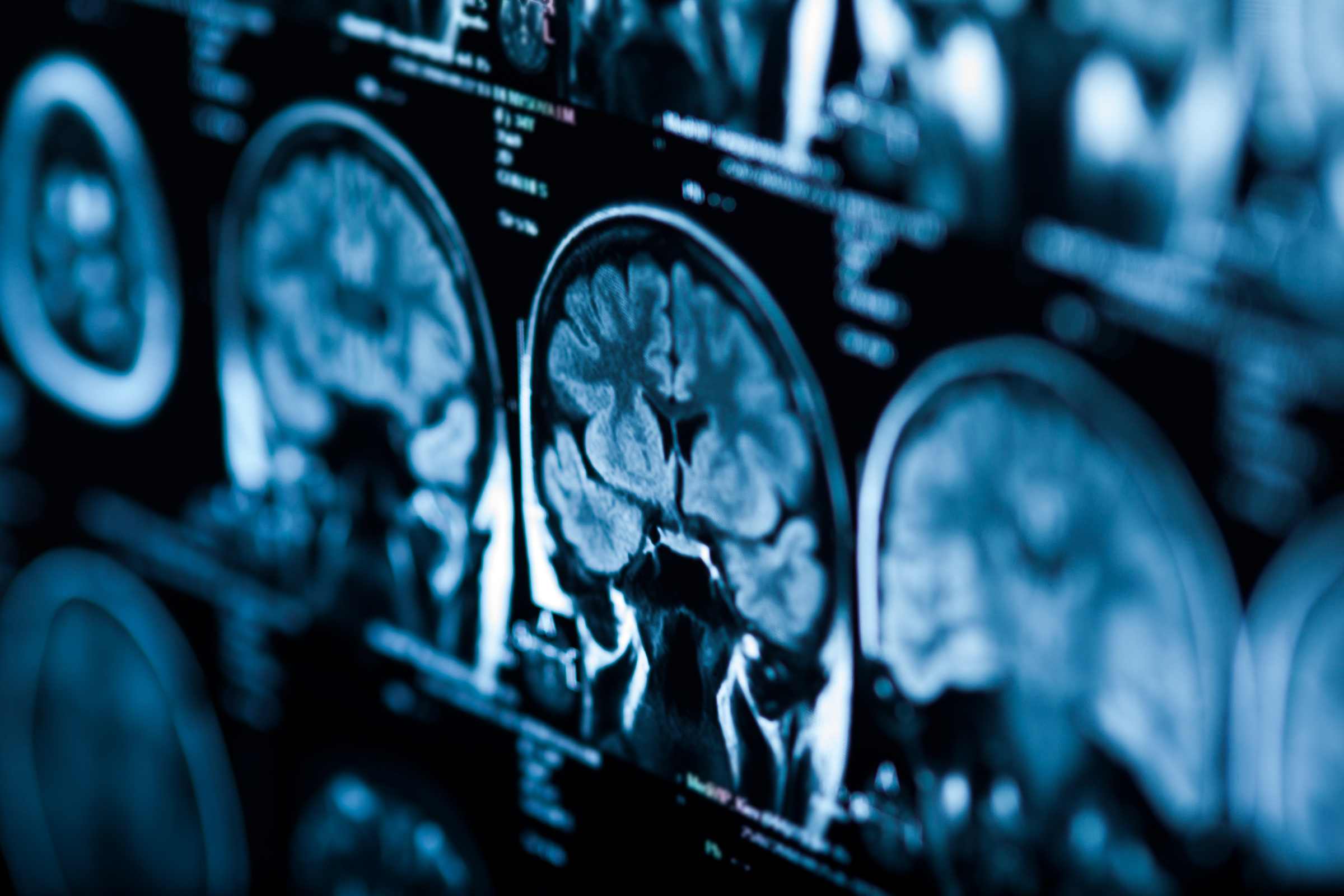
The researchers published their findings on the tech in Communications Medicine in mid-June. While there is no cure for the disease, finding new ways to detect Alzheimer’s early can help scientists find ways to stave off the disease’s effects. As such, this new tech could open a lot of doors for the medical industry.
The tech, which uses machine learning, was funded through the National Institute for Health and Care Researcher (NIHR) Imperial Biomedical Research Centre. With it, scientists take a single magnetic resonance imaging (MRI) brain scan and then apply an algorithm to it. The algorithm then looks for signs of Alzheimer’s.
The system works by dividing the brain into 115 regions with 660 different allocated features. These features include size, shape, and texture. It then assesses the region to look for signs of the disease. This allows it to detect Alzheimer’s in its earliest stages. Something doctors struggle to do with the other tests they utilize.
The most common form of dementia
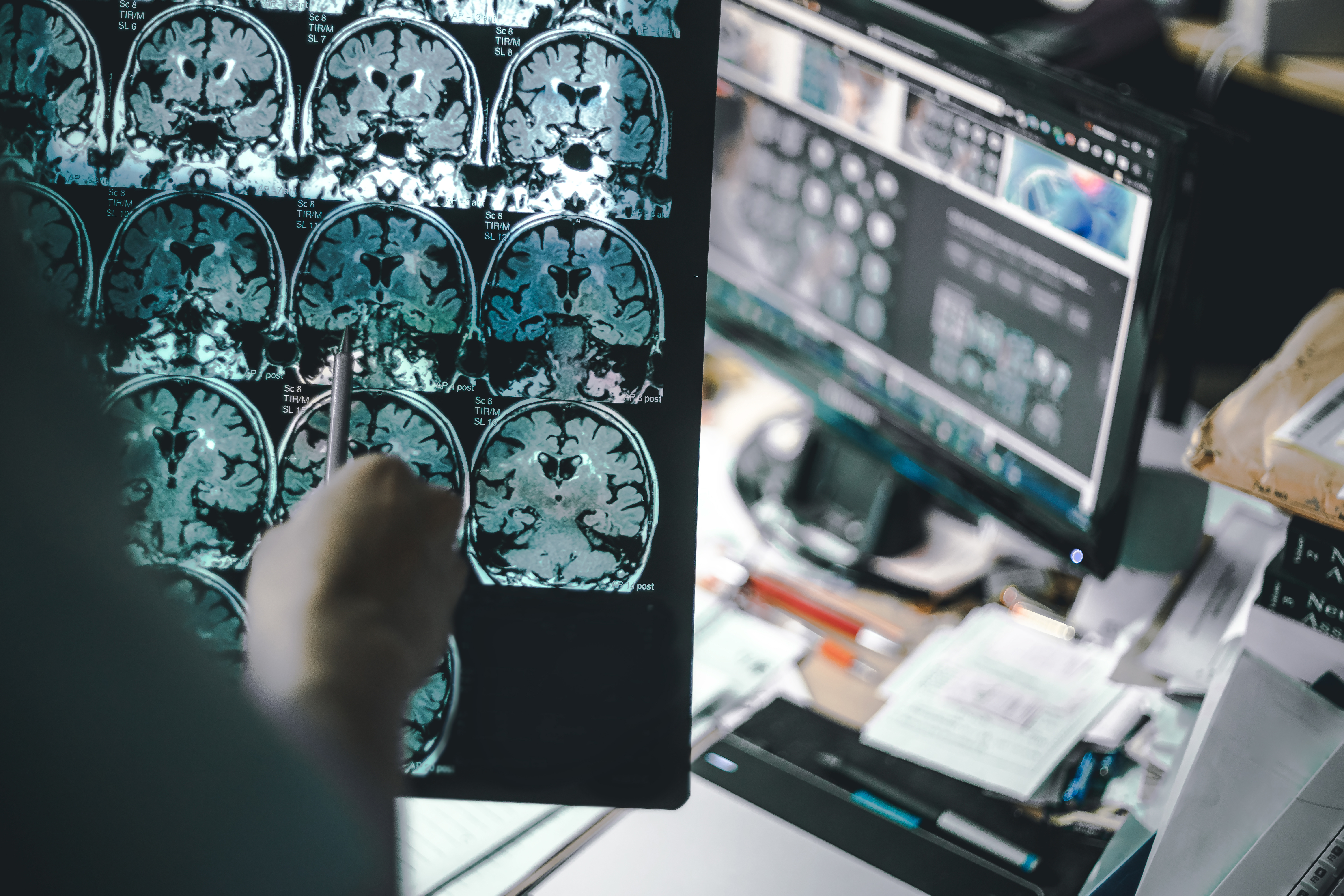
Despite being the most common form of dementia, doctors have long struggled to detect Alzheimer’s early. And, because there’s no cure for the disease, detecting it early can literally change the game. This lets doctors approach the issue quicker so that they can slow down the effects it has on a person’s brain.
Of course, being able to detect it early doesn’t negate the need for a cure. And we’ve seen some promising ways to fight back against it. However, until we find a way to stop the disease altogether, it’s simply a matter of time until the disease deteriorates the patient’s mind to an irreparable degree.
Because the algorithm looks at brain structure, it was able to detect that a person had Alzheimer’s in 98 percent of the cases they tested. Additionally, it was able to distinguish between early and late-stage Alzheimer’s in 79 percent of patients with a high amount of accuracy.
Previously, doctors have relied on multiple tests to try to determine if someone has this disease. If we can simplify that to a single brain scan, and then run the algorithm that these researchers have created, we could make it easier and cheaper to detect Alzheimer’s in patients.





